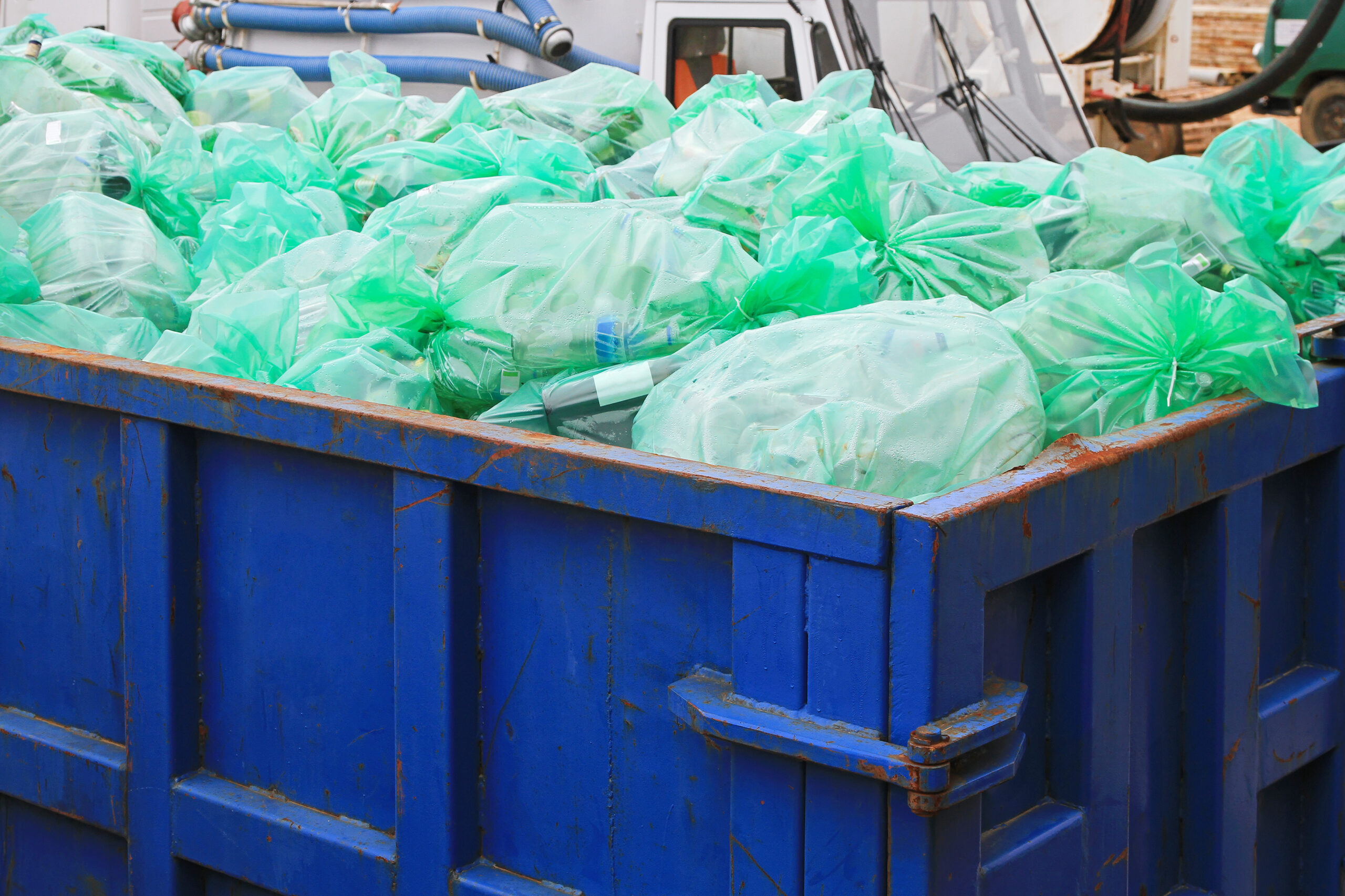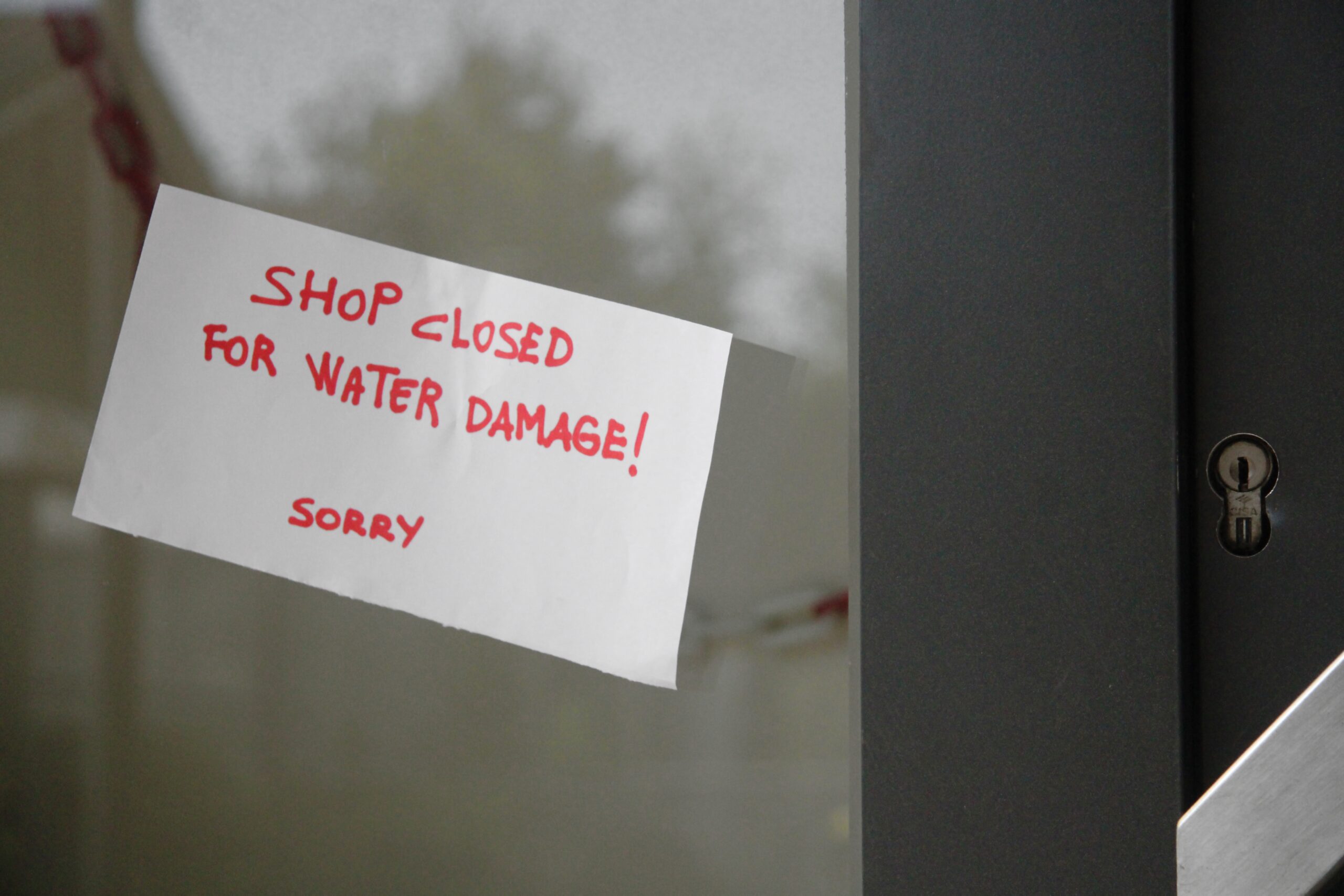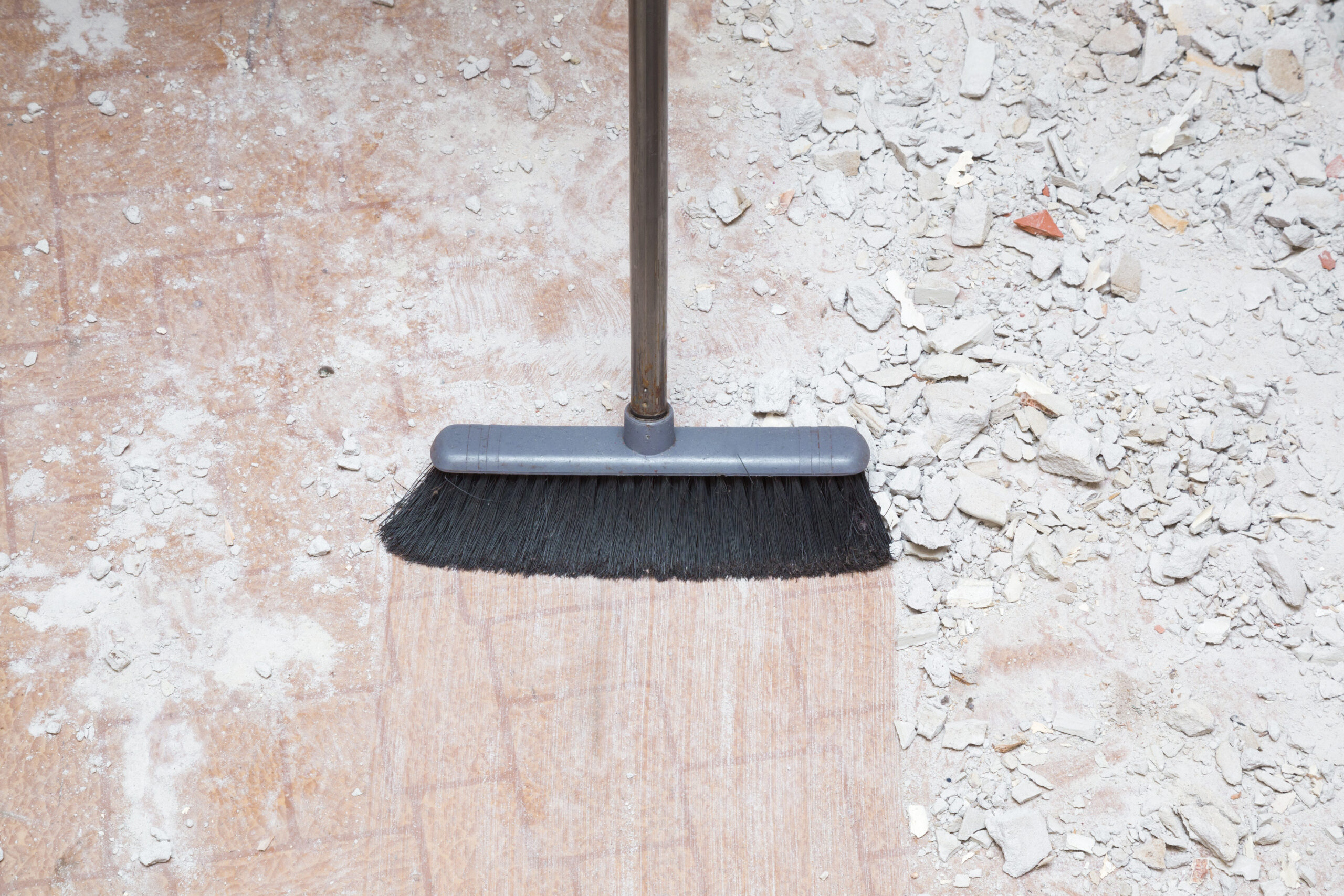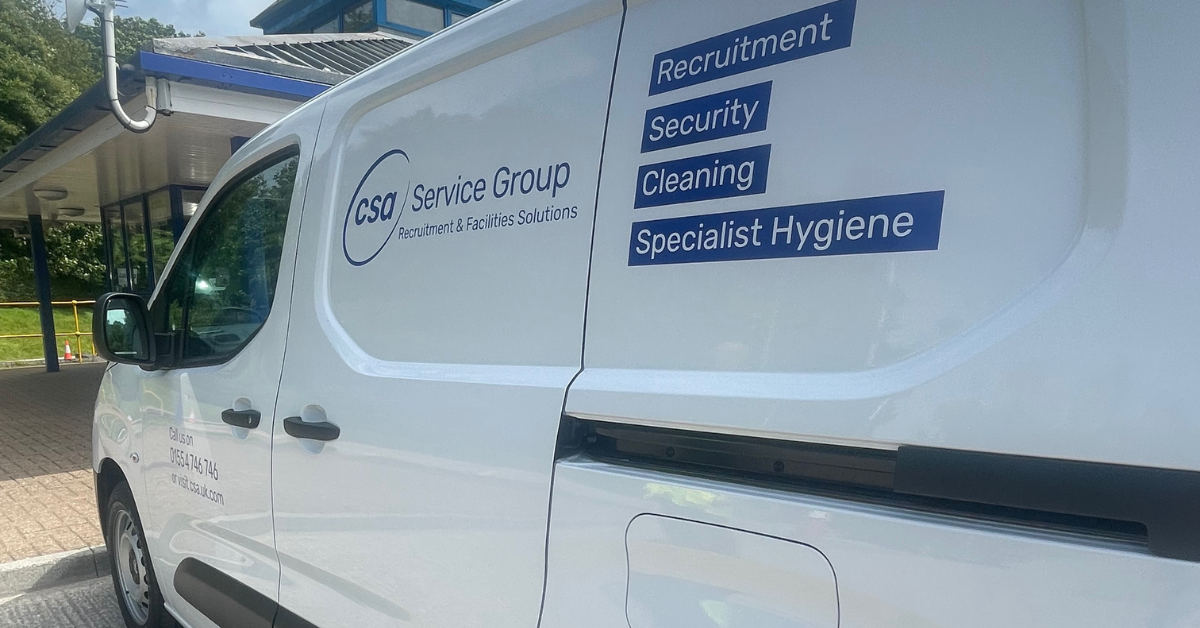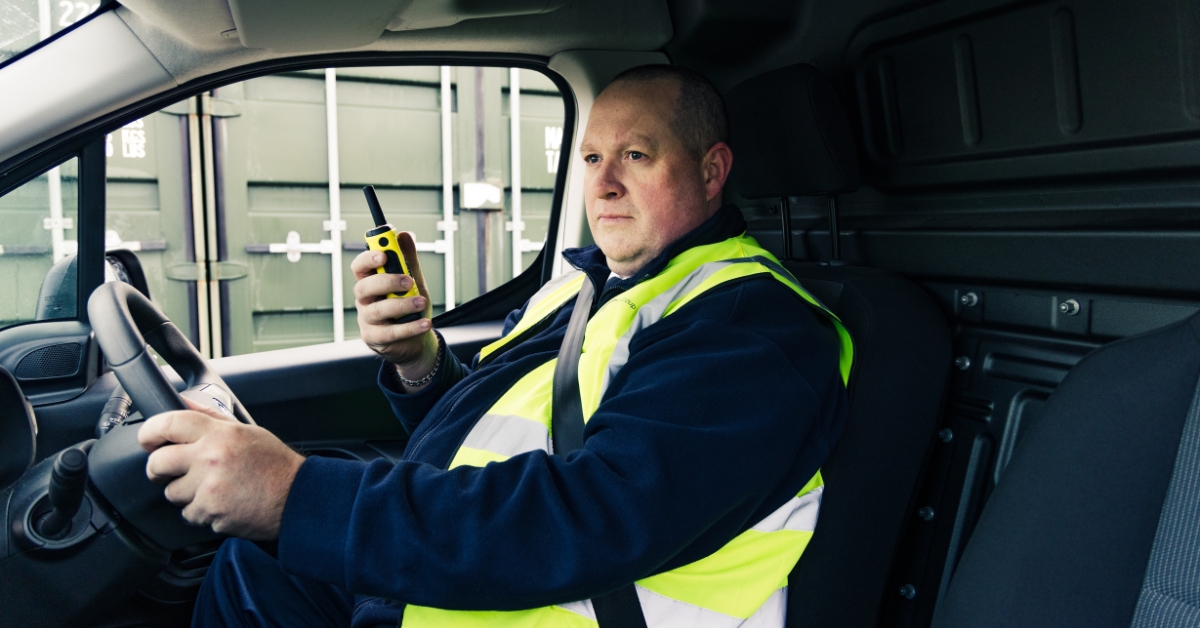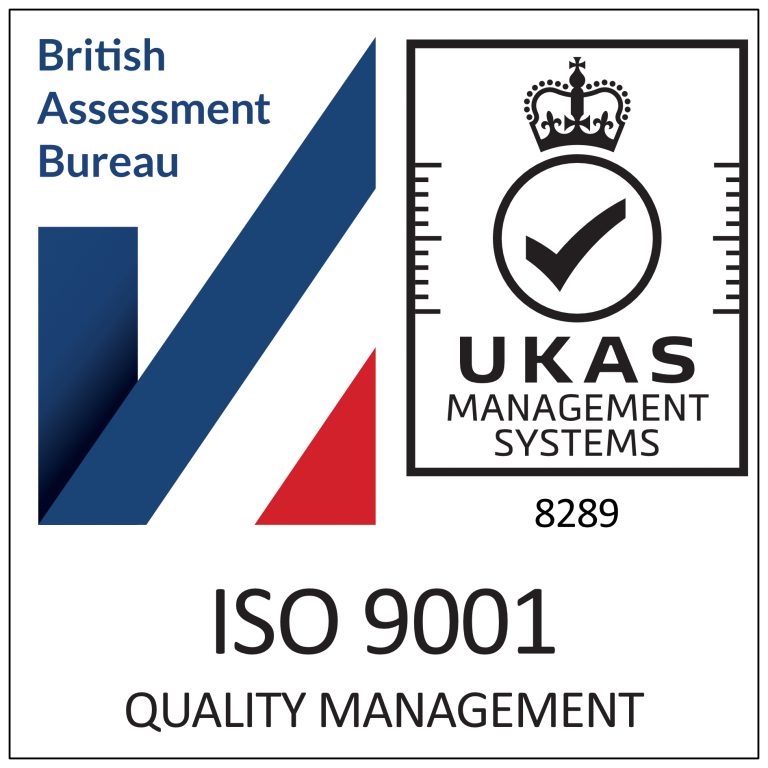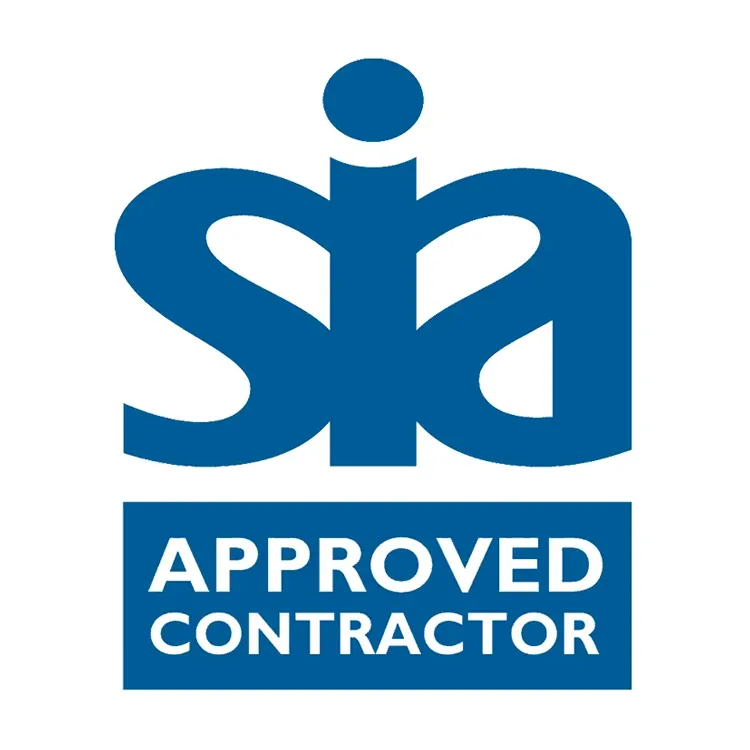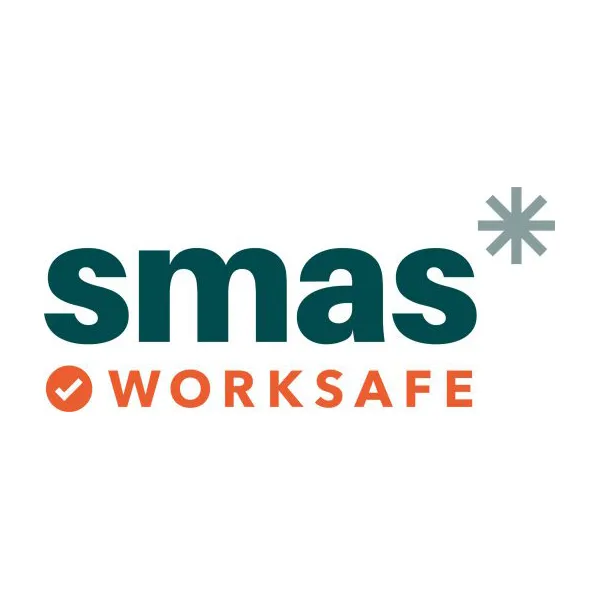Share This Article
Different industry sectors have different waste streams, which all present different disposal challenges. Some are relatively simple materials to dispose of, while others are complex and have much more severe implications. But the common thread that links them all is that you must have comprehensive and robust waste disposal procedures in place for all the waste streams associated with your business, because there could be serious impacts on your business if this is not the case.
A Hull business called Ideal Centre Hull Limited was recently fined and prosecuted for fly-tipping waste materials on a public road, when waste directly linked to their business was discovered on Beverley Road in the city in October 2023. The business was prosecuted for contravening section 34(5) Environmental Protection Act 1990 and section 34(1)(c) Environmental Protection Act 1990, and ordered to pay a resulting fine and costs.
The costs of waste disposal contravention to your business
Of course there is an immediate financial cost to the business in this case, but it is worth considering the wider implications of fly-tipping waste materials and contravening standard waste disposal procedures. These can include:
- Fines and prosecutions
- Bad publicity for the business when details of the waste disposal contravention is made public through the local media, or national media if the offence is more serious
- Consequential insurance costs
- Increased scrutiny on the business
- Failings of any externally recognised environmental standards and certification the business holds
In addition to this there are indirect costs, such as the environmental impact on the local community, possible public health impacts, the visual aesthetic impact and the consequent cost of suitable disposal. Ultimately, all this can also be linked back to the organisation guilty of the waste disposal contravention, which further damages the public relations of the business and can start to impact its commercial standing in the marketplace.
For any waste stream generated in the general course of business, there is a suitable means of disposal which provides full legal and regulatory compliance, this even covers more toxic waste streams which can cause pollution, contamination, illness and injury. Every business has a duty of care to find and maintain suitable waste disposal routes. In many cases these waste streams can take a route which leads to recycling and re-use, and therefore minimises the environmental impact by avoiding landfill. If your business holds environmental standards certification, such as ISO14001 for example, finding and complying with this kind of sustainable waste disposal route is essential in achieving and maintaining the certification, which many organisations gain a competitive commercial advantage from.
Establishing robust waste disposal processes
Robust waste disposal procedures should include a full risk assessment covering how the waste is produced, how it is handled, where and how it should be stored and how it should be disposed of, in terms of paperwork, vehicles and the ultimate disposal destination. These procedures should also include full information about the composition of the waste and how it may deteriorate or change over time. All waste streams are suitably classified, which helps identify an appropriate waste disposal route.
If your business is generating waste that isn’t covered by suitably robust waste disposal procedures, then you are exposed to possible fines and prosecution, and the consequent commercial impacts we have discussed here. At CSA, our waste disposal experts can help you establish a fully compliant waste disposal process which includes practical and workable procedures and a simple and effective administrative system. This can be compliant with your existing internal systems and can also be designed to work towards and alongside any external requirements for certification such as ISO14001. So get in touch with our team today.

Further Reading
